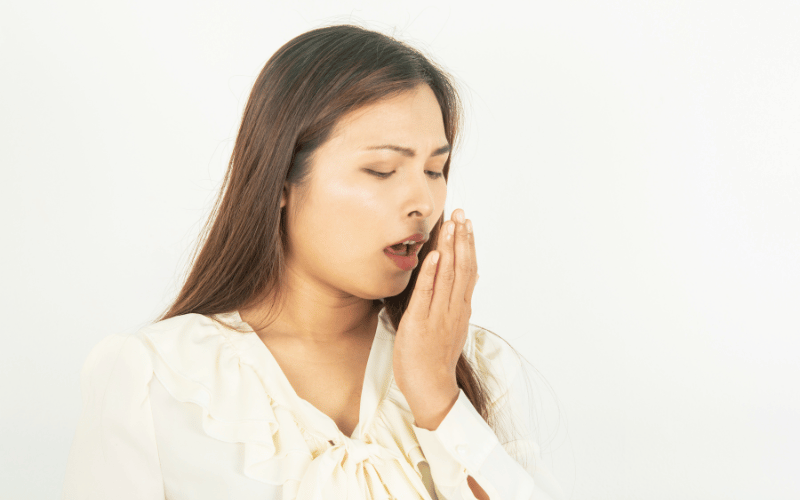Introduction: Breathing – More Than Meets the Eye

At first glance, the act of breathing might seem straightforward. Inhale, exhale, repeat. However, the manner in which we breathe, particularly the choice between the nose and mouth, can hold significant ramifications for our health and wellbeing. Breathing, after all, is our primary means of oxygenating our body – every cell, every organ relies on this vital process.
Mouth breathing, or chronic oral ventilation, is a subject that, unfortunately, many overlook. Its implications run deeper than mere convenience. Those who habitually breathe through their mouths, either due to physical impediments or out of habit, might be unwittingly inviting a slew of health issues. From our sleep patterns to our dental health, the ripple effects of this seemingly minor choice are vast.
Moreover, it’s not just about physical health. There’s an emerging body of evidence suggesting that the manner of our breathing can influence our mental state, stress levels, and even our posture. The act, which many relegate to the subconscious, warrants a closer examination. This article seeks to delve deep into the intricacies of mouth breathing, shedding light on its often-overlooked consequences.
Fact 1: Why It Matters – Mouth Breathing vs. Nasal Breathing

The way we breathe plays a pivotal role in our overall health. At first, it might seem that there’s little difference between mouth and nasal breathing. After all, both ensure that oxygen reaches our lungs. Yet, these methods are not created equal.
Nasal breathing stands out as the optimal route. The nose acts as a natural filter, catching potential irritants and pathogens before they enter our lungs. This filtration process is more than just an immune defense; it warms and humidifies the air, optimizing the respiratory process.
On the other hand, mouth breathing bypasses these critical functions. It might be convenient, especially when we’re exerting ourselves or have nasal congestion, but it’s not without consequences. Breathing through the mouth can lead to drier airways, making them more vulnerable to irritants and inflammation. (1)